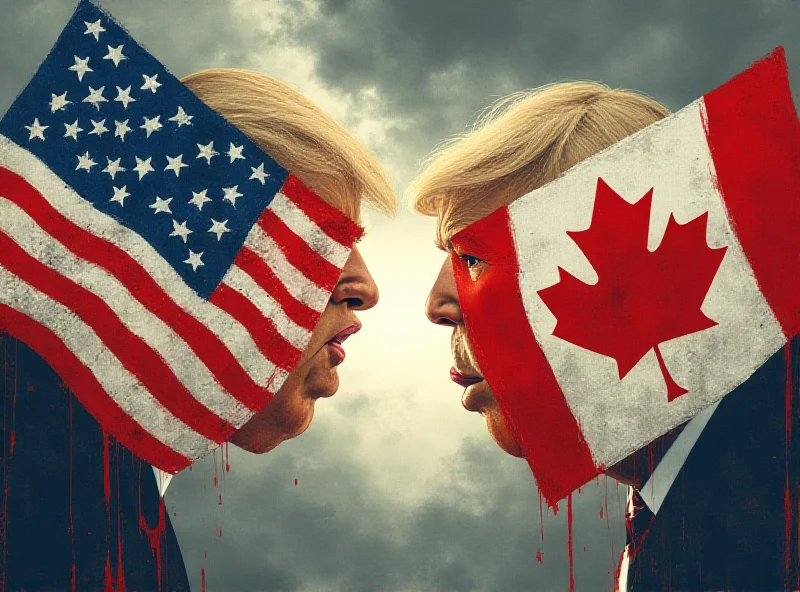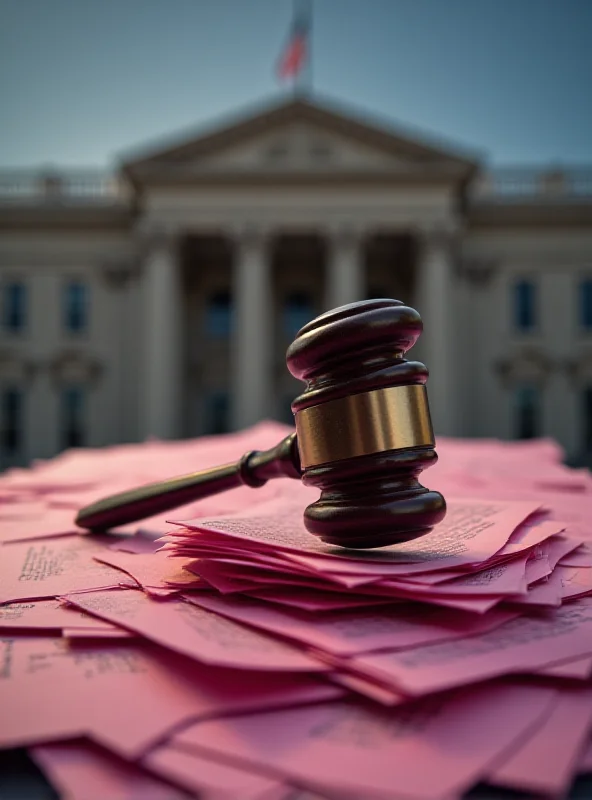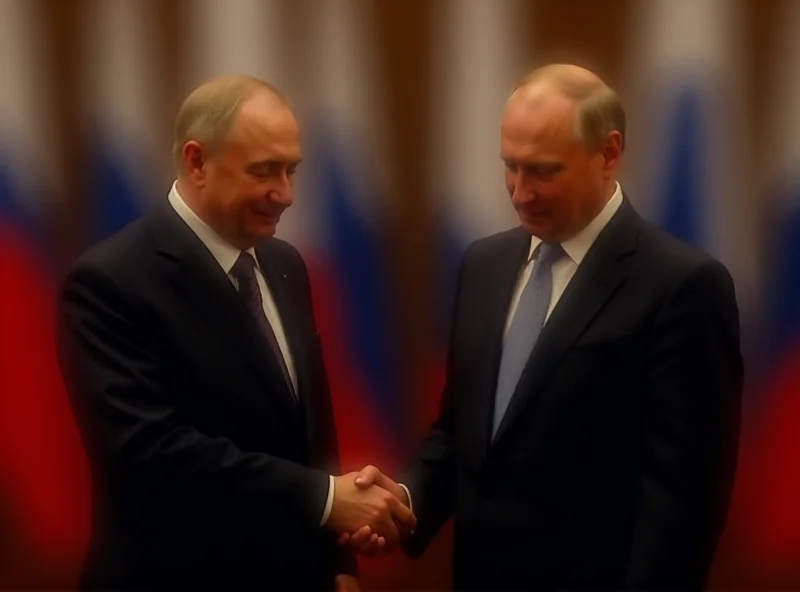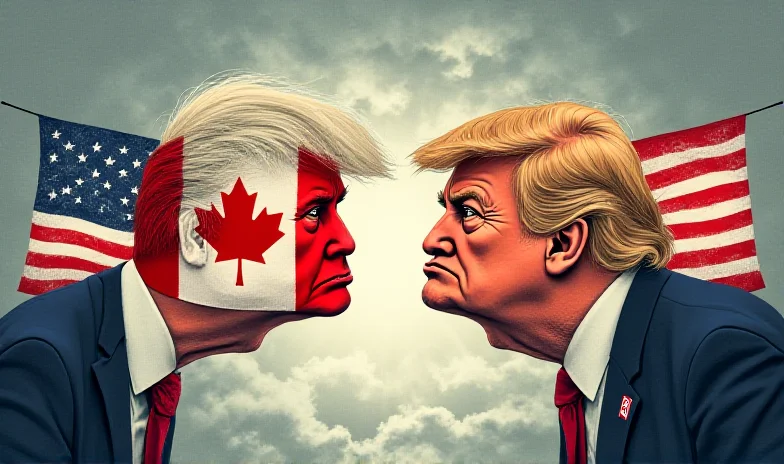The international political arena is heating up with a series of events showcasing escalating tensions and shifting alliances. From North America to Eastern Europe, key players are making headlines with actions that could have significant global implications.
Trade Wars and Political Barbs
Canada and the United States are locked in a trade dispute, with Canadian Prime Minister Justin Trudeau openly criticizing the US for initiating what he calls a "trade war" against its closest allies. Trudeau didn't mince words, accusing the US of simultaneously "appeasing Vladimir Putin, a lying, murderous dictator." This pointed barb highlights the growing strain between the two nations and signals a potential shift in long-standing diplomatic relations.

The trade war is not the only point of contention involving the US. President Donald Trump has also been vocal in his criticism of Ukrainian President Volodymyr Zelenskyy. Following a tense meeting at the White House, where a minerals deal was abandoned, Trump warned that Zelenskyy "won't be around long" if he fails to achieve a ceasefire with Russia. This statement raises concerns about the future of US-Ukraine relations and the ongoing conflict in the region.
OPM Clarifies its Authority
In a somewhat unexpected turn, the US Office of Personnel Management (OPM) has clarified its position on employee terminations. In an email to agency human resources employees, the OPM stated that it does not have the power to direct firings, despite recent litigation suggesting otherwise. This clarification could have significant implications for federal employees and the overall stability of the US workforce. This announcement came quietly, raising questions about the initial push for mass firings.

Russia and Belarus Solidify Security Alliance
Meanwhile, in Eastern Europe, Alexander Lukashenko, the President of Belarus, has ratified a security guarantees treaty with Russia. Under this treaty, an armed attack on either country will be considered an act of aggression against the entire Union State. This move solidifies the security alliance between Russia and Belarus, potentially altering the balance of power in the region. A photo of Lukashenko alongside Vladimir Putin underscores the close ties between the two leaders and their nations.
"This treaty marks a significant step in strengthening the security cooperation between Russia and Belarus," said a spokesperson for the Belarusian government.

These events, spanning multiple continents, highlight the complex and ever-changing nature of global politics. From trade disputes to security pacts, the actions of key leaders and nations are shaping the future of international relations. It remains to be seen how these tensions will unfold and what impact they will have on the world stage.
